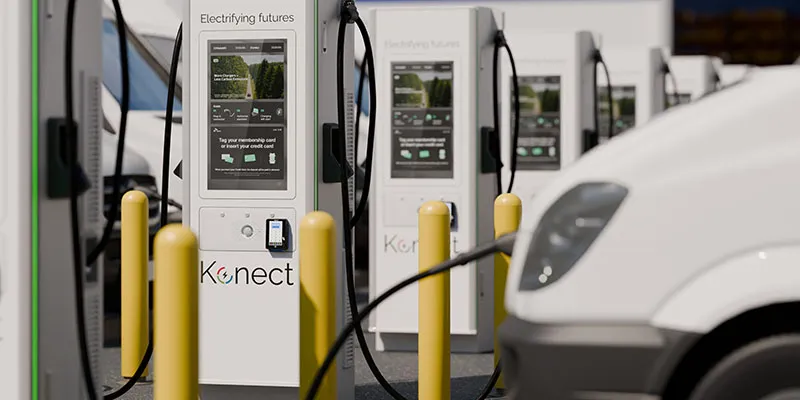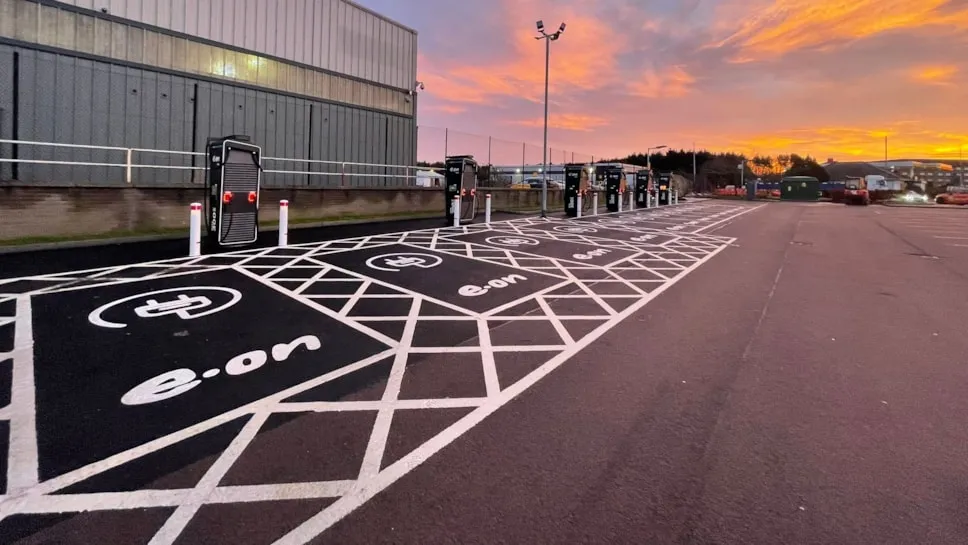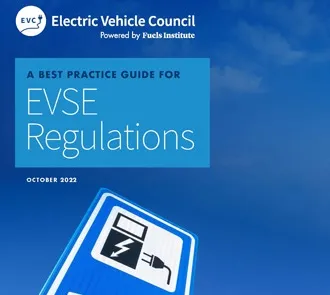
The US, Europe, and the UK are six times behind the required number of charging points to meet EV demand by 2030. The US, the world’s second-largest EV market, has under 200,000 public charging bays but needs over one million more by 2030, a 550% increase. Europe requires a 5.5-fold increase to its 630,000 public charge points, while the UK needs a 350% rise from 70,000 to 300,000.
Current installation rates suggest these targets won't be met. For example, Europe is three times behind the annual rate needed to achieve its 2030 goals. This gap presents an opportunity for fuel retailers. Konect, established by Gilbarco Veeder-Root, sees existing fuel retailers as key to addressing this shortfall due to their strategic locations and amenities.
Om Shankar, Vice President of Konect, emphasised the importance of placing new charge points at familiar and convenient locations for drivers. However, the industry faces challenges, including charge-point downtime and inadequate support from service partners. Konect’s research shows over 71% of charge-point operators struggle with downtime, and 57% cite service support as a major barrier.
Konect aims to help fuel retailers build reliable EV charging infrastructure. They offer a comprehensive solution, from consultancy and installation to maintenance and customer service. Their DC fast-charging technology features an ergonomic design, easy maintenance, and an adaptable charging cable. A customizable LCD touchscreen enhances user experience.
The charging infrastructure is part of a broader cloud-based platform that integrates on-site facilities, energy management, and off-grid solutions. This system aims to maximise efficiency, boost profitability, and ease the transition to electric mobility for operators.









